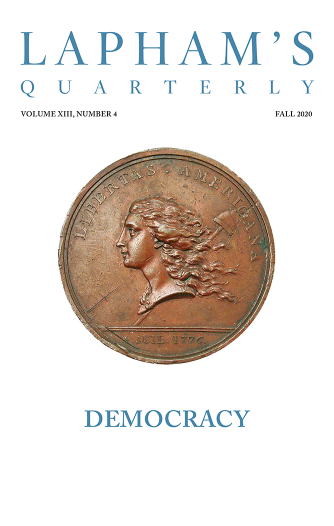Title IX. Of Paternal Power.
A child, at every age, owes honor and respect to his father and mother.
He remains subject to their control until his majority or emancipation.
The father alone exercises this control during marriage.
A child cannot quit the paternal mansion without the permission of his father, unless for voluntary enlistment after the full age of eighteen years.
A father who shall have cause of grievous dissatisfaction at the conduct of a child, shall have the following means of correction:
If the child has not commenced his sixteenth year, the father may cause him to be confined for a period which shall not exceed one month, and to this effect the president of the court of the circle shall be bound, on his petition, to deliver an order of arrest.
From the age of sixteen years commenced to the majority or emancipation, the father is only empowered to require the confinement of his child during six months at the most; he shall apply to the president of the aforesaid court, who, after having conferred thereon with the commissioner of government, shall deliver an order of arrest or refuse the same, and may in the first case abridge the time of confinement required by the father.
There shall not be in either case any writing or judicial formality except the order itself for arrest, in which the reasons thereof shall not be set forth. The father shall only be required to subscribe an undertaking to defray all expenses and to supply suitable support.
From the Napoleonic Code. The French Revolution having modified or abolished various customary and canon laws, Napoleon’s code attempted to impose the order of “sublimated common sense” on matters civil, proprietary, and contractual. The code was adopted throughout the nineteenth century in many European and Latin American countries. Napoleon once remarked, “Waterloo will destroy the memory of so many victories…But what nothing will destroy, what will last forever, is my Civil Code.” It is still in effect in Belgium, Luxembourg, and Monaco.
Back to Issue

